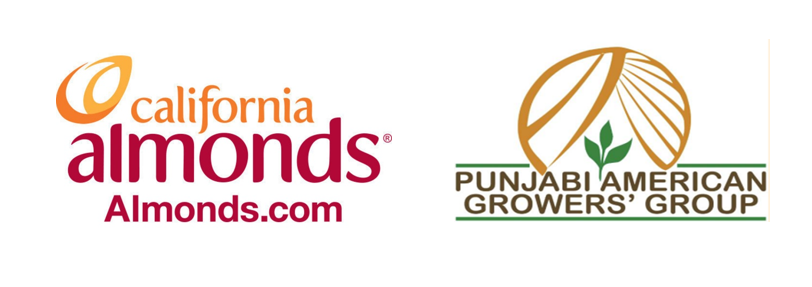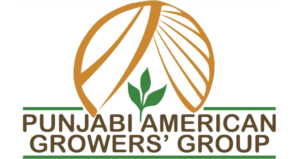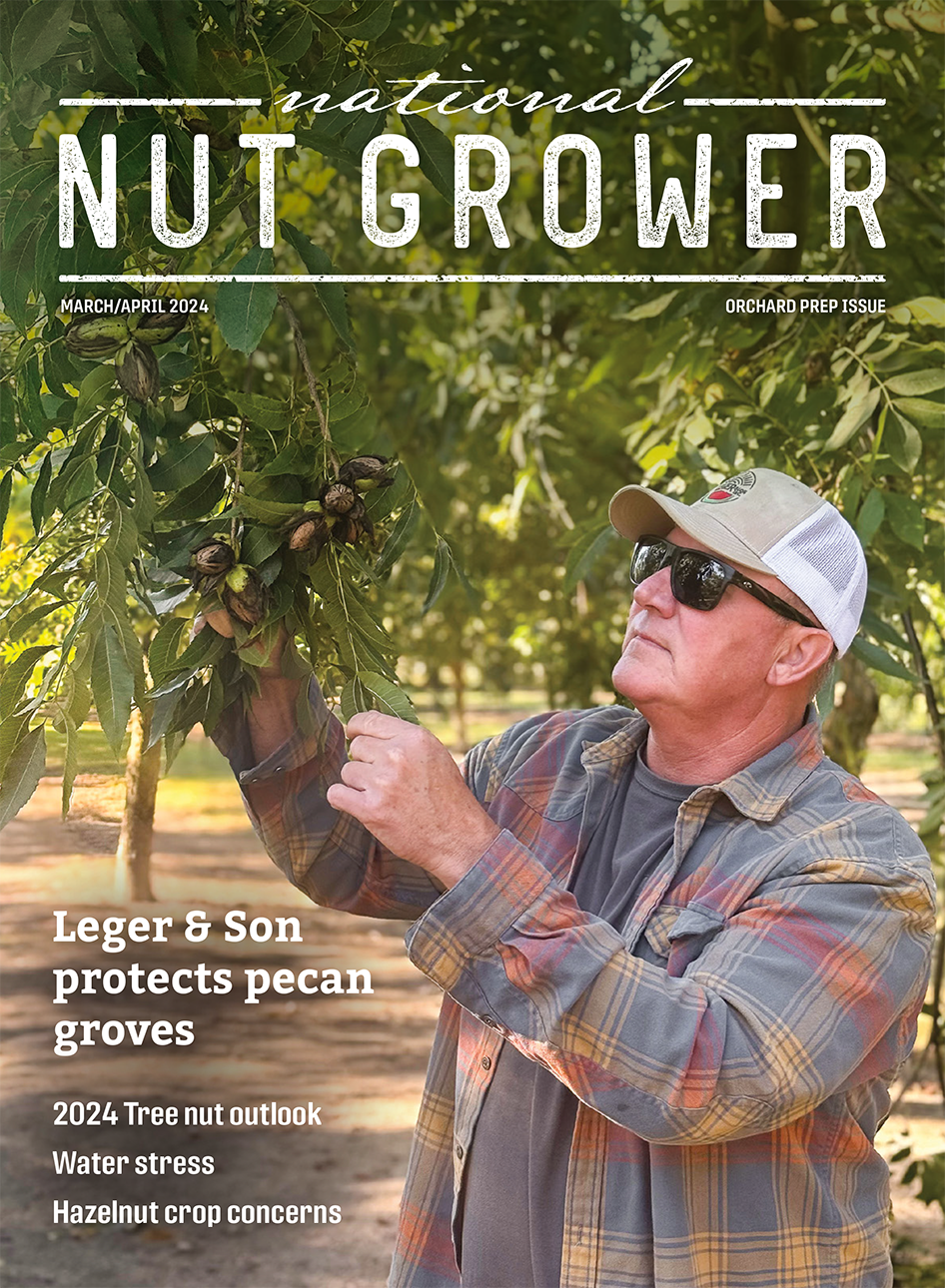
Aug 14, 2023Punjabi almond growers group seeks almond board changes
A group of almond growers is requesting the Almond Board of California (ABC) change its focus.
Citing increasing acreage and declining industry profits, the Punjabi American Grower’s Group (PAGG), based in Fresno, California, wrote a letter to Richard Waycott, ABC’s president and CEO, requesting ABC change its priorities.

“This letter finds the industry in a state where large swaths of almond growers are at the breaking point,” PAGG wrote in a letter signed by more than 230 PAGG growers. “The survival of many small and medium-sized family farms is now an open question. Not adjusting for inflation, industry revenue has shrunk by over 50% from 2014 to 2022. This is despite a sizable increase in acreage and production. We believe ABC has lost its way and its priorities have become misaligned with the law. We think the board should shift its focus towards maintaining ‘orderly marketing conditions’ and focus on avoiding unreasonable fluctuations in ‘supplies and prices’. With a strong emphasis on ‘prices’.
PAGG stated it wants ABC to focus on prices instead of environmental efforts that include reducing water use, achieving zero orchard waste, increasing adoption of environmentally friendly pest management tools and improving local air quality during harvest.
“What is notably missing from all these goals is anything related to building further demand for almonds,” the growers wrote. “Plenty of regulatory agencies impose environmental regulations on our industry- You are the only pseudo-government agency in charge of helping us sell our products at reasonable rates! Please, reallocate resources from quasi-government regulation of items not directly or indirectly referenced in the Enabling Act or Order- and prioritize the very activities that are required of you by law. Simply stated- focus on building long-term demand for almonds.”
 Waycott said he welcomed the input and opportunity to explain ABC’s functions. In 2018, ABC’s directors crafted a new industry vision to show others growers’ sustainable orchard practices, which include sending five billion pounds of almond hulls into animal feed, which displaces the need to plant 400,000 acres of water-intensive alfalfa, Waycott said.
Waycott said he welcomed the input and opportunity to explain ABC’s functions. In 2018, ABC’s directors crafted a new industry vision to show others growers’ sustainable orchard practices, which include sending five billion pounds of almond hulls into animal feed, which displaces the need to plant 400,000 acres of water-intensive alfalfa, Waycott said.
During the last 20 years, the industry has grown from producing 1 billion pounds to today’s 3 billion pounds. The huge production increase came simultaneously with COVID-19 and its accompanying logistical nightmares and inflation. With overall world nut production increasing and a large plant-based movement, the additional supply adds to a more competitive landscape.
“We are being very cognizant and empathetic of what growers are going through, during a time where there’s a lot of angst in the industry financially,” he said. “After many years of success financially, we certainly understand the almond business is going through a tough patch. It’s a difficult thing to resolve and presumably, we will work our way out of it.”
“The ABC is fully dedicated to driving global demand, one of our hallmarks for a long time,” Waycott said. “But, it’s not a perfect world. Ag products go through cycles. Unfortunately, we’re on a downside now. We are spending every dollar we can on marketing programs, doing what ABC can and what it does best to try to help the industry get out of these costs.”

PAGG membership consists of “hundreds of almonds growers representing a sizeable share of California almond acres,” according to the letter.
“ABC arm-twists the industry to get full transparency on the supply-side of the business,” the PAGG growers wrote. “The relevant question is, what are you doing to collect information on the demand side (the buyers, brokers, and traders, etc.)? One of the things our industry needs is a commitment of traders (“COT”) report. COTs aren’t a novel idea- they have been around a long time. ABC needs to register all brokers and traders that trade more than a threshold amount and require them to report their positions and commitments. The demand side must be required to make periodic commitments of how many almonds they have sold or committed to sourcing and how much of that they have covered. Finally, this information needs to be aggregated and disseminated to the industry. Symmetry of supply and demand information will result in fewer fluctuations in ‘supplies and prices’.”
Waycott said more than 80% of ABC’s funds are spent on increasing global demand and pointed to the group’s mission statement of providing strategic global demand development leadership. “The letter which we responded to was making certain assertions about what we should be doing, which are not within the scope of the almond federal marketing order,” he said.
Waycott said ABC hadn’t previously heard from PAGG nor its leadership ever attended any ABC meetings. “We look forward to explaining to the group what the ABC can and can’t do and hopefully, clear up those misunderstandings,” he said.
The ABC markets for 7,600 almond grower/handlers and 99 processors.







